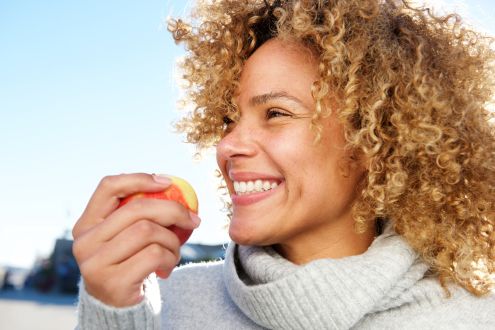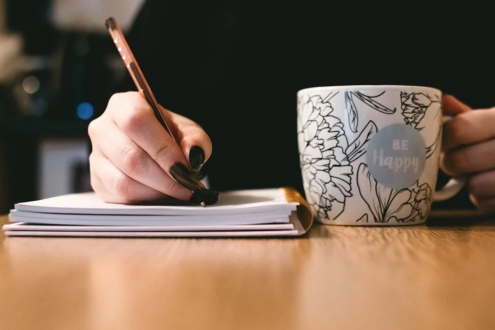The kindness conversation
David Hamilton, Psychologies Kindness Tsar, talks with Cynthia Germanotta, Lady Gaga’s mum, who is president of Born This Way Foundation, which she co-founded with her daughter. The charity is dedicated to supporting the wellness of young people and empowering them to create a kinder and braver world
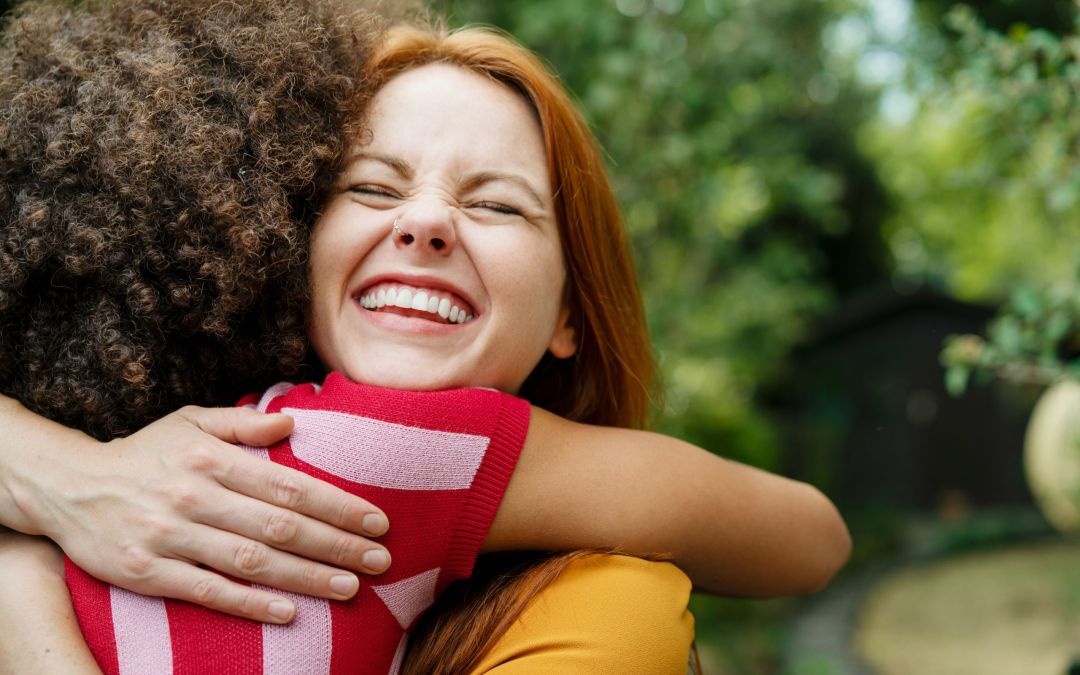
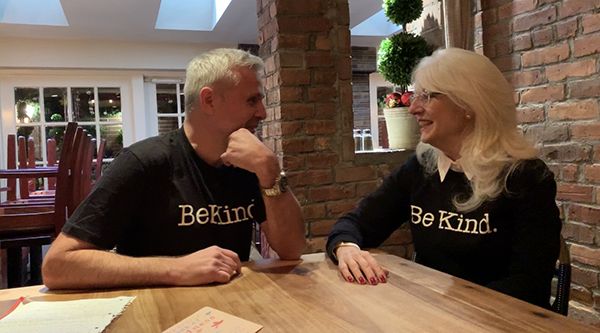
Who has most influenced the kind of person you are?
Cynthia Germanotta: My mom is the kindest person I know, despite the fact that she had a very difficult life growing up. She made a lot of sacrifices at an early age. And she sacrificed a lot of the things that our children take for granted, like a proper education and good housing, and money. She was poor. Yet, somehow, she found a path of resilience, and strength, and kindness.
We were only able to get clothes twice a year, but that was a big event. She made sure that we were dressed properly, that we had three square meals a day, that we were happy children. She was extremely kind. She has really been a role model for me.
Do you think kindness is natural to us?
Yes. When you think about it, the act of kindness is very simple. Us human beings, we have an innate quality to be kind, if we just tap into that.
I notice that you often talk about kindness and mental health in the same sentence. Can you tell me why?
It comes from my daughter. Due to her own negative experiences and struggles with mental health, she wanted young people to be better equipped to deal with their own struggles.
Can you tell me about some of the work you’re doing with mental health?
There’s still very much a stigma. One of the things we try to do with Born This Way Foundation is to eliminate that stigma, break it down. [We] work with young people on how to have healthy conversations about mental health, and that it’s OK to talk about it, to feel depressed. It’s a human emotion. We have to acknowledge it.
In a sense, you’re trying to have more conversations about mental health?
Yes. We help them learn how to talk about it. Whether that’s providing resources to them and their communities, opening up family conversations through family dinners. There are many ways for people to acknowledge that they have something they need to talk about.
Is this a conversation we all should be having?
Yes. I believe so. We call it the invisible illness. My daughter says, “Just because you can’t see it doesn’t mean it doesn’t exist.” And it does. It’s very real. I would like for people to talk about it just as they talk about a cold.
Do you think it’s especially important for young people?
Yes. For young people, it’s difficult for them to talk about it. We found out through our research that they want to talk about it, and they want to get help, but they don’t know where to go. They don’t know what the help is and they’re not likely to talk about it with their parents. Our research shows that they’re more likely to go to a peer and have a conversation. Yet, a peer, if you’re 13 / 14 years old, can only help so much.
What approaches do you take?
We all need what we call “someone to turn to” and our wish is that everybody would have someone to turn to in their life, but to identify that person now and be proactive about it. You know who your doctor is, right? And you’re going to go to that person. But if something happens emotionally, who would you turn to?
We’re challenging everybody to identify that person now and be preventative about it. You know, who would you turn to in times of crisis? That’s part of our work. That’s part of the campaign that we’re working on.
Is it true that Born This Way Foundation goes on tour with your daughter?
Yes, we take our work on her tours, which is what she wanted from the very beginning.
Can you tell me about some of the work you do on tour?
There had been a recent hurricane in Texas. We were in Houston and it was the day of my daughter’s show. One of our partners, Team Rubicon, are ex vets who go in and help at disasters at times of crisis. We went to a woman’s house that had been completely devastated but she was still living in it. Her name is Pamela.
She was there, on the front porch, had not eaten, her house had severe water damage, there was mould, and it was not a safe environment to live in. We spent the day demolishing her house, ready to renovate. There was myself, my daughter, her team members, team Rubicon, the Born This Way Foundation team. It was an extraordinary experience. My daughter then had to go get ready for her show that night.
Pamela later told us that she didn’t realise that there were people out there who would come in with no motivation other than in wanting to help another individual. Sometimes, kindness helps people to realise that there are always people out there willing to help. Kindness gives people hope when they might not have any.
How do you respond when people are not very kind to you?
I’m very much a results-oriented person and I can become impatient sometimes. It’s something I’ve had to pay attention to. You just instinctively react to something and I think it’s that impulsiveness that gets people into trouble. What I’ve learned to try to do for myself is to take what I call a mental break from it. If somebody or something is upsetting me, I try to walk away from it either physically or in my mind.
How many times do you want to react and write an email to someone? My suggestion is, write it but don’t send it and maybe read it the next morning.
How important do you think it is that we be kind to ourselves?
I think it’s probably the most important thing. Kindness starts right here [in the heart]. Cynthia touched my heart area and her own. To be kind to another, you have to understand what kindness is, and be good to yourself. Self-care is so important, now more than ever with all of the fast pace and stresses in life. I think kindness is underrated; especially when it comes to oneself.
How do you put self-care into practice?
I do things that take me to a different place. For me it’s dance. I started dancing when I was 3 years old. I’ve gone back to that. I’ve gone back to studying ballet. My passion for it takes me away from my everyday things. It makes me feel better. I like to write also, to think, take walks. And most important, for me, is being with friends and family, and laughing. So, I do these things as acts of self-care.
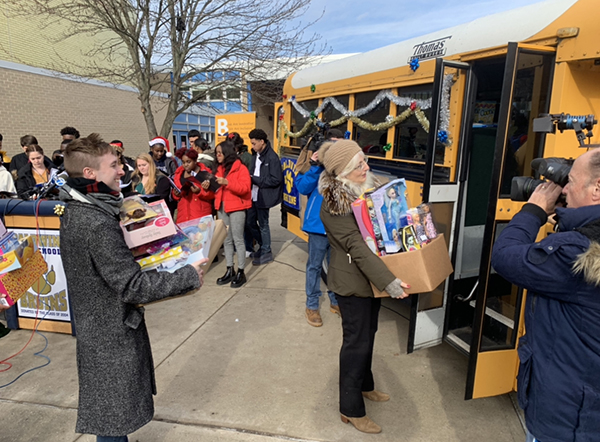
Main image: Getty
